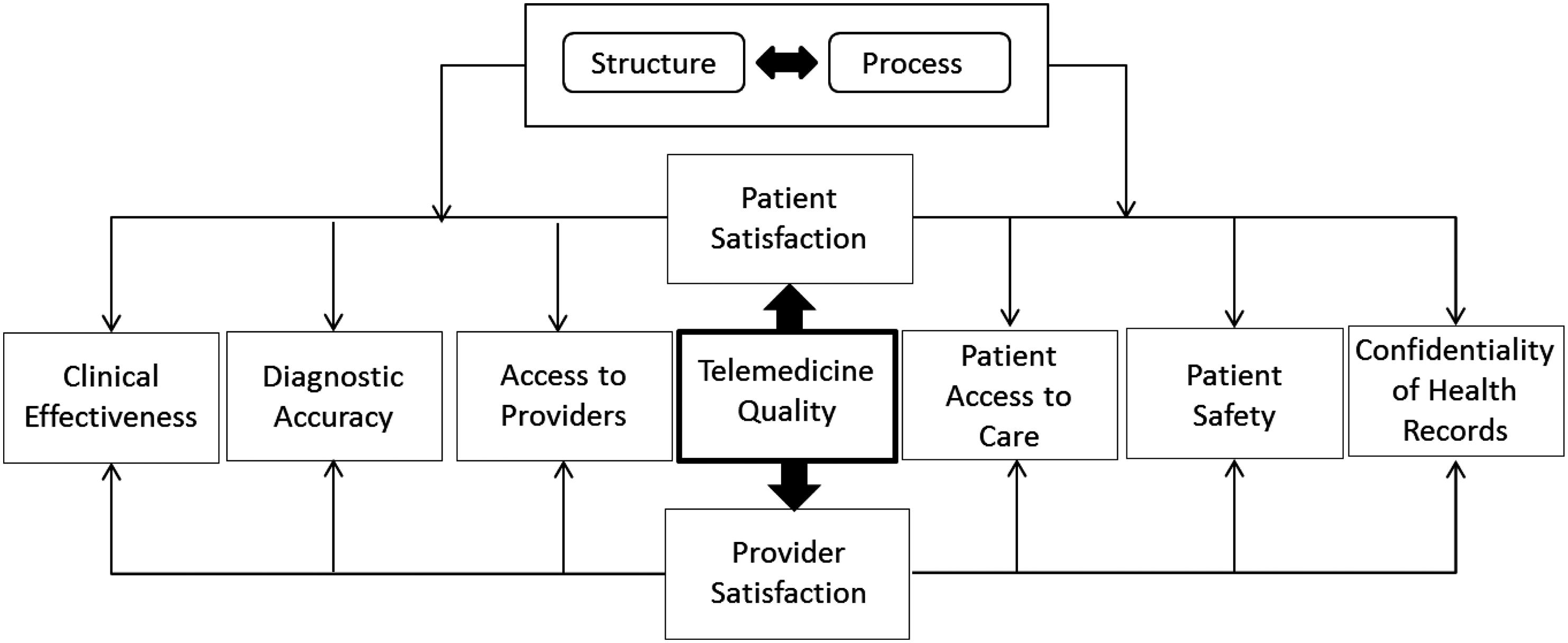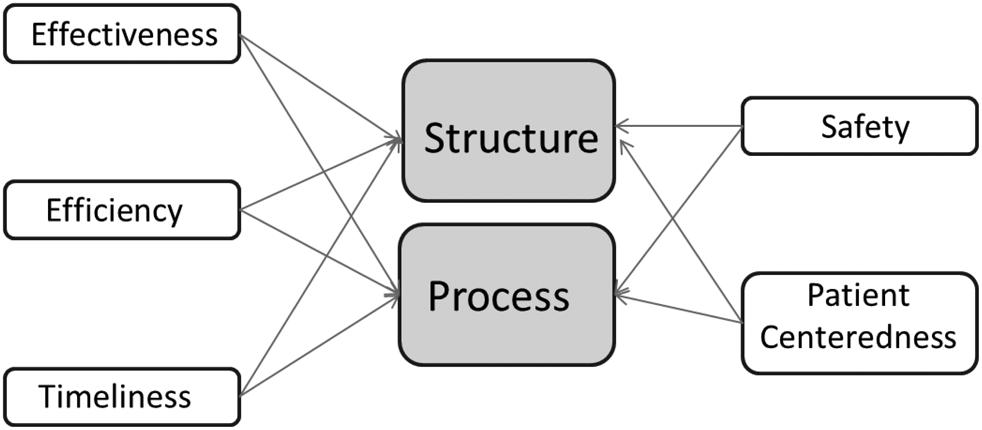
5 minute read
Attentiveness—The Gold Standard
the attention of passersby, and the bucket was about two-thirds full. I did not make much of the encounter until after my visit, when I noticed that the bucket was now about three-quarters full. Instinctively, I was caught up in an internal debate. Does this matter? And if so, to whom? Who cares about the fact that the front entrance signage was missing a letter, or the name badge machine does not work, or some lightbulbs are dead, or the hallway ceiling has a leak? Perhaps most people would not care about these inadequacies, but invariably, someone might. Nevertheless, I had more questions. Who is responsible for these failures? Did someone conclude that these are “minor details”? If so, do these details matter? What other forms of details are overlooked? Does anyone else see what I see? How does an organization handle these telling images forced on the senses or the mind?
The most challenging jobs are those that not only place an employee in patients’ line of sight, but also in a patient’s personal space. Examples include nursing, medical assistants, therapists, physicians, dentists, dental hygienists, phlebotomists, paramedics, etc. For these jobs and professions, it is not only about appearance. It is also about personal hygiene.
Advertisement
In 2010, I visited New Orleans and checked into a hotel a few days after my birthday. The registration clerk at the hotel asked to see my ID and method of payment. As she inspected my ID, she said, “Happy Birthday! I see you just had a birthday.” She surprised me by sending a bottle of red wine to my room with a card that said, “Happy Birthday!” She was only required to check to make sure that my name matched the name on my reservation. Her action was marked by extreme care and attention to detail.
Details surround us in every aspect of what we do. Our line of sight presents us with an incredible number of details. Every encounter, every task, everyone we meet presents an opportunity to hear the unspoken and see the invisible. The following excerpt from my interview with a patient might illustrate this point further:
My medical condition has brought many things into a rather awkward focus. Please understand that something that may seem so insignificant to you may carry a lot of weight in my mind. It
bothers me when you devalue the events or complaints that I report to you. I understand your need to remain objective and unemotional; what I do not understand is your insensitivity and indifference.
My fascination with the patient experience began almost 25 years ago when I started conducting patient satisfaction surveys for healthcare organizations. That experience increased my interest in patient “thank you” notes, patient reviews, and patient complaints. After reviewing thousands of notes, verbatim comments, and patient complaints, I concluded that the real genius of a service experience lies in the “little things.” The expectation is that most healthcare organizations know how to take care of the “big things” that represent their core business. Over time, most businesses acquire the necessary experience required to create a better product or service. The distinguishing element tends to be their insistence on perfecting the little things beyond the core product or service. Over time, I began pondering several questions, including the following:
What is it about a customer’s experience that causes the customer to escalate his/her commitment from a loyal customer to a “brand disciple”?
◾ At what point in the customer’s experience does he/she willfully volunteer to become an advocate for a company’s services or product? ◾ In the moment when a company drops the ball or fails to deliver as promised, why are some customers still willing to give the company the benefit of the doubt? Why are they so forgiving of an organization’s imperfections?
Part of the answer to these questions lies in the extent to which a company and its employees pay attention to detail and handle all things, especially the little things. Little details do not escape the watchful eyes of those inclined to detect and notice them. Because little things are often unexpected, they communicate a sense of craft and dedication. Consequently, they tend to be the things that create the most memorable impression in the minds of your customers in general and patients in particular.
The big things (such as a successful surgery, discharge instructions, accurate diagnosis, treatment protocol) matter, and no healthcare organization can survive without paying attention to them. However, the genius is in the little things! The details! The big things bring patients to a hospital or ER
doorstep, but caregivers’ attention to detail is what ignites a patient’s belief in them. Most patients expect healthcare providers to do the big things well. What truly delights customers is an organization’s ability to handle the details. In many walks of life, inattention to detail is a prescription for failure. According to Pastor Charles R. Swindoll, 2000:
The difference between something good and something great is attention to detail. That is true of a delicious meal, a musical presentation, a play, a clean automobile, a well-kept home, a church, our attire, a business, a lovely garden, a sermon, a teacher, a welldisciplined family.
For the most part, service experience lives or dies on the basis of the little things. In today’s job market, more and more job descriptions cite “attention to detail” as a critical attribute. Yet, the lack of proper attention to detail continues to be a source of frustration for organizations and their customers. These mistakes are costly!
In our nationwide survey of 1,000 people conducted in 2016, it was confirmed that attention to detail evokes many positive reactions from customers. About 43 percent of the respondents stated that, when they experience attention to detail, “It tells me that the company offers high-quality service”; 38 percent said, “I feel that they care about me”; and 18 percent remarked, “It tells me that they can take care of the ‘big’ things too.”
The results of our survey highlighted three levels of perception associated with attention to detail—superior service quality, a caring disposition, and a generalizable inference about the core service offered by the company.
Seventy-three percent of survey respondents commented that they have decided to stop patronizing a company because of its “lack of attention to detail,” and 84 percent said that they have personally experienced a lack of attention to detail in a service transaction.
Often, the concept of detail is left to the interpretation and judgment of the employee responsible for each specific task. An organization pays attention to detail when it focuses on the following:
◾ The small things that some may dismiss as unimportant. ◾ The things that may be unnoticeable and things some may argue should be ignored. ◾ The things that seem peripheral to your core service and things that some may conclude are inconsequential.





